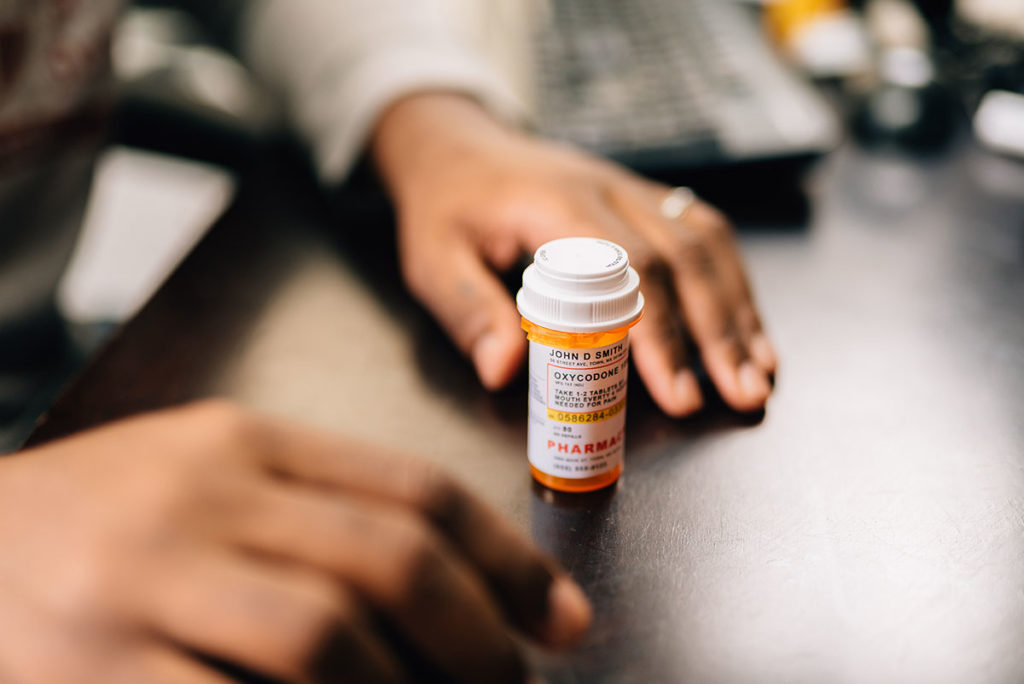Misuse can quickly progress to abuse and physical dependency. When you develop a physical addiction to opioids, coping with opioid withdrawal is difficult. Detox symptoms can become painful and overwhelming. Difficulty coping with opioid withdrawal symptoms is a major reason why it’s hard to recover from an opioid addiction without help from a treatment center. Opioid abuse has become an increasingly common and serious problem. In 2017, the White House issued an executive order declaring the rising opioid epidemic a public health emergency in response to overdoses skyrocketing. Opioids are highly addictive, even when taken exactly as prescribed by a doctor. While many people who use prescription opioids don’t develop a dependency, between 21% and 29% of patients using opioids misuse them.
What are Opioids?
Opioids are commonly used by doctors to help treat patients with chronic and severe pain. Opioids can include both illicit substances and prescription medications and produce many effects similar to opiates like opium. Some of the most widely abused opioids include:
- Morphine
- OxyContin
- Codeine
- Vicodin
- Fentanyl
Short-term use of opioids is sometimes necessary to recover from a serious injury or surgery. But addiction is always a potential consequence. Most opioids, like OxyContin and Vicodin, come in a pill form. When taken orally, the effects typically are felt within 30-45 minutes. However, many users crush and inhale prescription opioid pills to intensify the effects. Other opioids, like codeine, can come in a liquid form. Users can also inject opioids, which increases the risks of overdosing or acquiring an infectious disease like Hepatitis C. Another potential risk of experimenting or abusing opioids is transitioning to more dangerous substances like heroin. Since heroin is a cheaper alternative to prescription opioids when you become dependent on opioids, it can make heroin a much more affordable option.
Coping with Opioid Withdrawal Symptoms
Abusing opioids can lead to physical addiction, which will cause you to experience withdrawal symptoms. Coping with opioid withdrawal symptoms is difficult without treatment, as detoxing from opioids can cause pain and discomfort, as well as nausea. The severity of your symptoms depends on several factors. For example, the substance you’re using, how much you use, and how long you’ve used for. The reason why coping with opioid withdrawal symptoms is so difficult is because they can begin within hours of your last use and last for several days, making it easy to cave to cravings and return to using. Treatment centers can make coping with opioid withdrawal symptoms easier, as they can administer medications that limit the severity of your symptoms. The detox process can take several days, meaning that once you successfully receive help with coping with opioid withdrawal symptoms, you can focus on learning how to manage your symptoms and recovery.
Reaching Out for Help Today
If coping with opioid withdrawal symptoms seems imposing, it’s because detoxing from opioids can cause troubling symptoms. These can be difficult to overcome without help. Finding help is essential to beating an opioid addiction, and the first step is successfully detoxing. To find out more about our opioid detox programs and your treatment options, contact us today at 844.875.5609.

